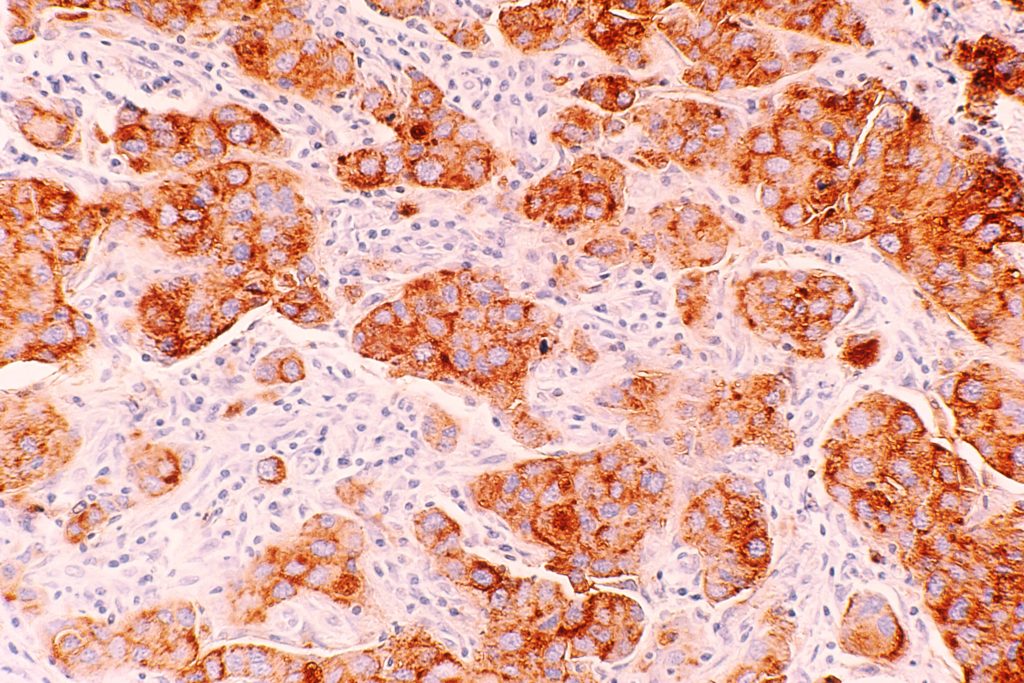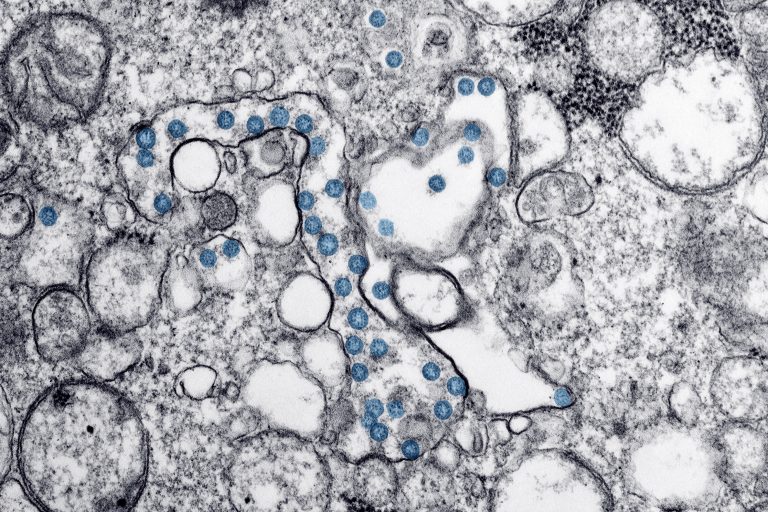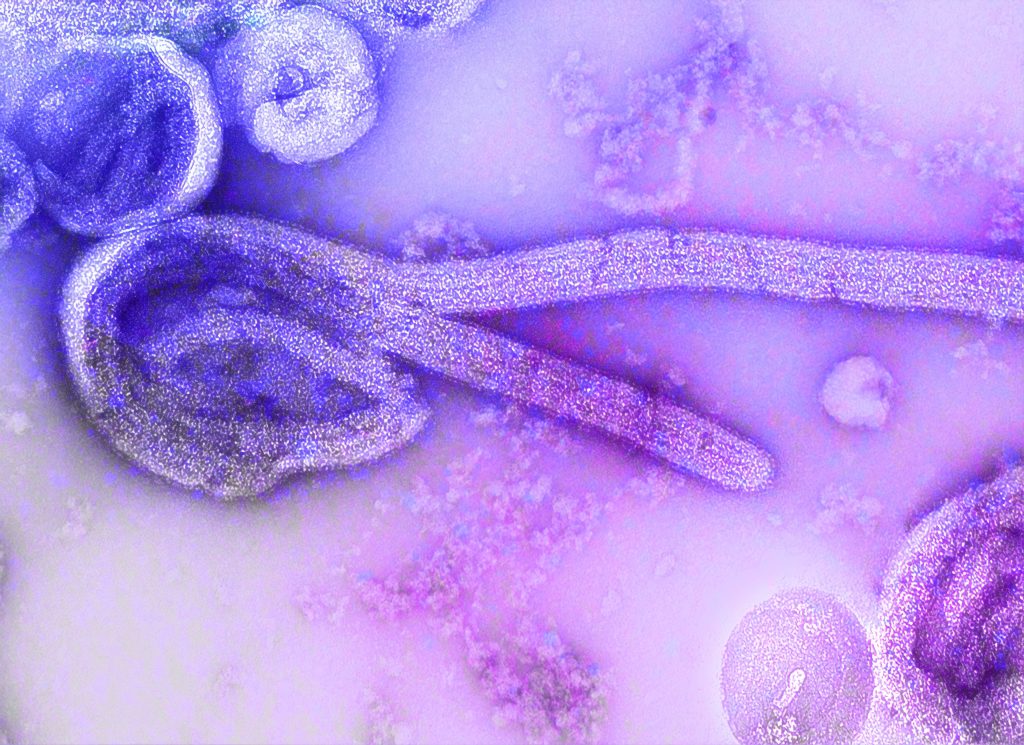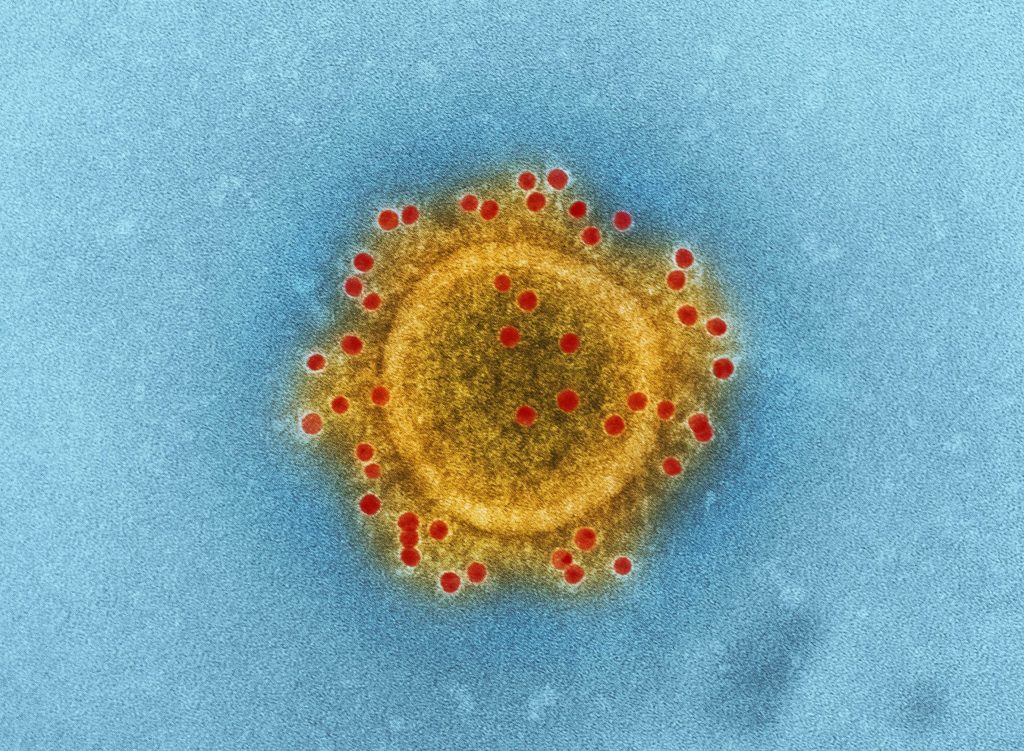Step by step, artificial intelligence continues to infiltrate every area of human innovation. Companies such as LabGenious, AbCellera and Generate Biomedicines use the Generate Platform to apply machine learning to the design of new antibodies.
Traditionally, only synthetic antibodies have been produced since the 1980s, but the process itself was time-consuming and led to sub-optimal results. The companies listed above are using AI to automate the procedure, making it faster and more efficient. The Generate Platform can screen millions of potential antibody sequences within a few days and identify 700 of those that are most likely to be effective against a particular disease. In some labs, such as LabGenius in Bermondsey, the process includes the use of automated robotic systems to carry out key steps in development.
The companies have already partnered with several pharmaceutical companies to advise on the design of new antibodies with the use of the Generate Platform. The main aim is usually to find new ways of treating cancer. AI reduces the process to a matter of days rather than months, as it did in the design of new versions of trastuzumab (an antibody treatment for breast cancer).
The companies are also developing antibody-based therapies for other diseases, such as autoimmune disorders and infections. As a result, AI can find new ways to make people more resistant to viruses such as Ebola or SARS-CoV-2, bringing humanity to a new level of life where illnesses can be reduced to the barest minimum.

Courtesy of NCI



